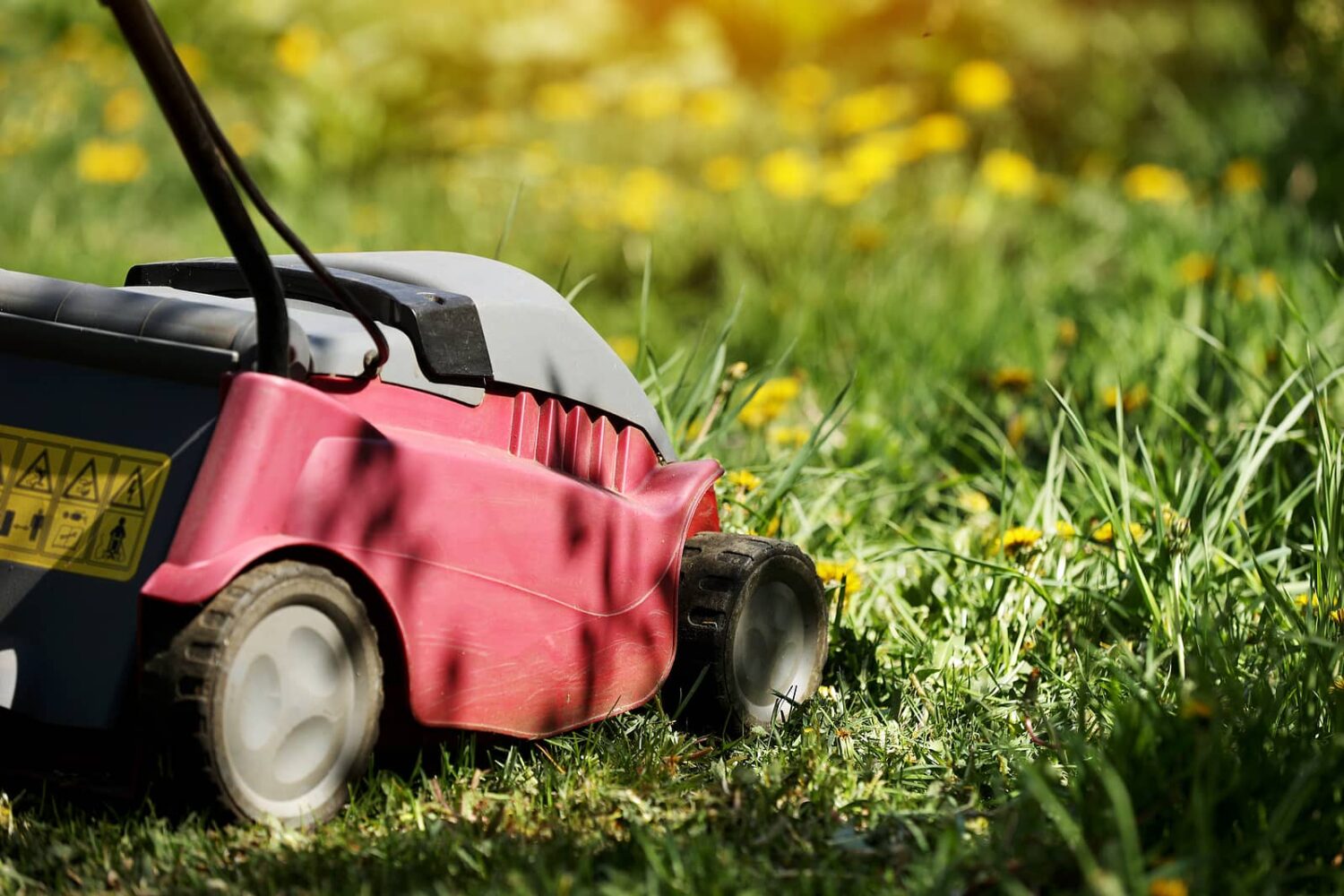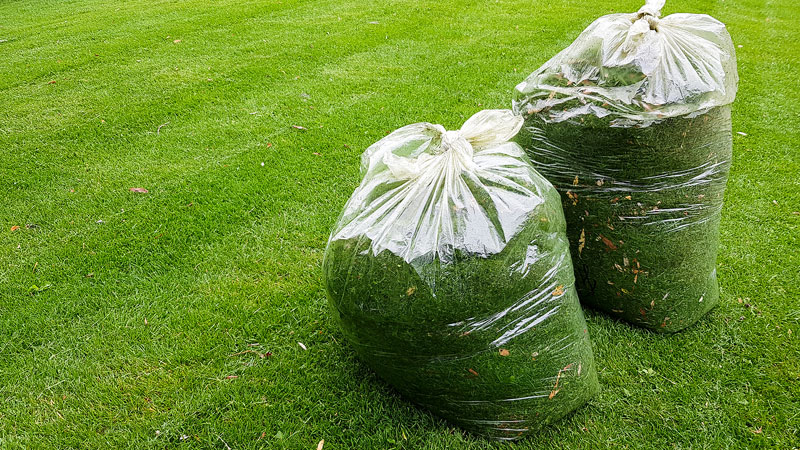Your Lawn During Summer
Summer is a time for enjoying the outdoors, but it can also be a challenge for your lawn. The hot, dry weather can stress your grass and make it more susceptible to weeds and pests. However, with a little care, you can keep your lawn looking its best all summer long.
Here are some tips on how to care for your lawn during summer:
- Water deeply and infrequently. When you water your lawn, it’s important to water deeply so that the water reaches the roots. Watering infrequently will help the roots grow deeper, which will make your lawn more drought-tolerant.
- Mow at the right height. Mowing your lawn at the right height will help it to stay healthy and resistant to weeds. The ideal mowing height will vary depending on the type of grass you have, but it’s generally recommended to mow between 2 and 3 inches.
- Fertilize regularly. Fertilizing your lawn regularly will help it to stay healthy and green. The best time to fertilize your lawn is in the spring and fall, but you may need to fertilize more often if you live in a hot climate.

- Control weeds and pests. Weeds and pests can quickly take over your lawn if they’re not controlled. There are a number of ways to control weeds and pests, including herbicides, pesticides, and cultural controls.
- Aerate your lawn. Aerating your lawn will help to improve drainage and reduce thatch. Thatch is a layer of dead and dying grass that can build up on your lawn and prevent water and nutrients from reaching the roots.
- Prune trees and shrubs. Trees and shrubs can shade your lawn and prevent it from getting enough sunlight. Pruning your trees and shrubs will help to improve the sunlight exposure to your lawn.
By following these tips, you can keep your lawn looking its best all summer long.
Additional tips for caring for your lawn during summer:
- Water early in the morning or late in the evening. This will help to prevent the water from evaporating too quickly.
- Mulch around your trees and shrubs. This will help to keep the soil moist and prevent weeds from growing.
- Inspect your lawn regularly for signs of problems. This will help you to catch problems early and take action before they become serious.
- Don’t be afraid to ask for help. If you’re not sure how to care for your lawn, there are plenty of resources available to help you. You can talk to your local nursery or garden center, or you can hire a professional lawn care company.



